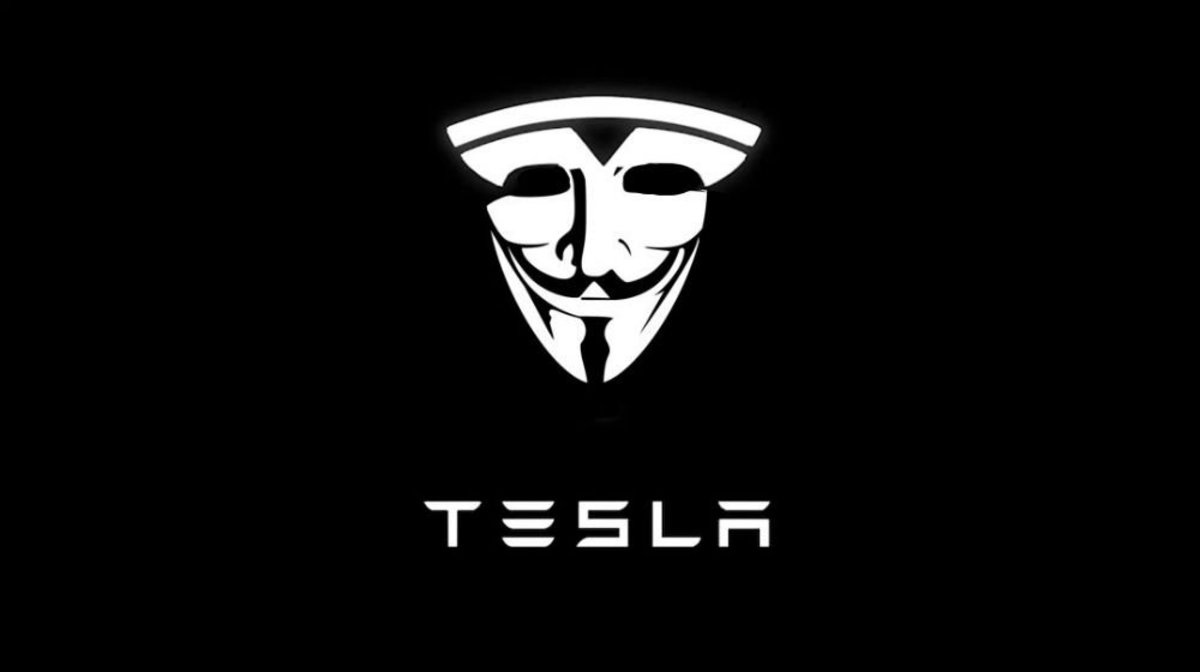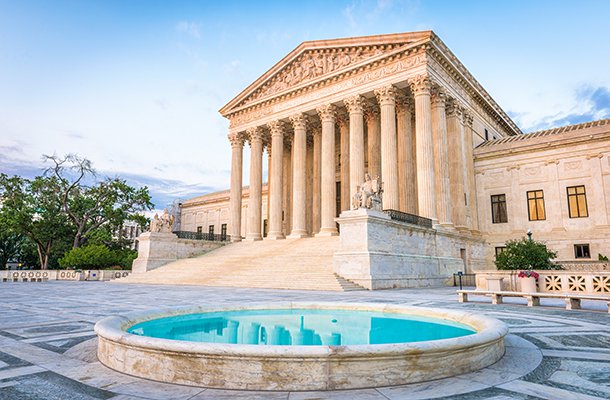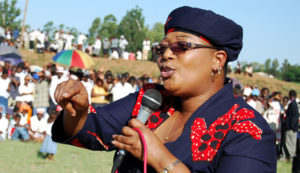There was confusion as to why it had been set down. Advocate Mpofu was of the view that it had been set down for argument on the preliminary points taken by the respondents. The court was of the view that it had been set down for a hearing on the merits. Turns out no heads of argument on the merits had been filed and one must wonder as to what merits the court wanted to hear. And yet another strange thing, the matter was number 4 on the roll, reflecting on the urgency with which it had been set down. The Supreme Court only hears three matters per day. Who had set this matter down on an urgent basis?
The proceedings commenced with an indication from Mpofu that the record of proceedings was incomplete. He told the court that Thokozani Khupe had objected to a request made to the Registrar of the High Court to rectify the record. Quite startingly, Khupe had not opposed the matter in the High Court.
On its part the court indicated that it had of its own account called for the missing documents from the Registrar of the High Court, itself an acceptance that the record was incomplete. The missing pages, numbering some 100 pages had just been handed to the lawyers who were asked to go through them all within ten minutes. The court was prepared to hear the matter under such circumstances.
After the issue of the record, Mpofu indicated that he was withdrawing proceedings against Khupe, Mudzuri and Mwonzora. Gets interesting. I have looked at the papers and tried to ascertain why he did this and this is what I have found:
1. The three were cited as respondents in the High Court. They never filed any opposing papers.
2. Arising out of them having been cited in the High Court, they were also cited for purposes of form in the Supreme Court. The natural expectation was that not having played a part in the High Court, they would simply abide by the judgment of the Court.
3. Quite remarkably however, Thokozani Khupe had filed an objection in the Supreme Court arguing that the appeal was invalid. She wanted it dismissed on a technicality for the benefit of Mashavira. One of the issues she had raised in her appeal was that MWONZORA and MUDZURI had not been served with the appeal. On their part Mwonzora and Mudzuri had filed some submissions indicating that they were not interested in the appeal but taking the backhand point that they had not been served. This was a way of assisting Khupe make her unfortunate point. Quite clearly the three were working together.
The decision by Mpofu to withdraw the appeal against the three was a masterclass. Eliminating the three had the effect of eliminating the bogus technical objection. It would also break the alliance and stop them from ganging up against his clients, indeed, it has since become very clear that KHUPE, MWONZORA and MUDZURI are working together in this matter. It also left Mashavira having to argue points he had not conceived. Indeed, immediately after the withdrawal, Mpofu challenged Mashavira to put forward his objections. His lawyer shivered. The game plan had been disrupted. His Knickers were in a knot. Mpofu was sensing blood.
PATEL JA was the first to see that there had been a tactical knock out. He wore a defeated smile. After the proceedings Advocate Uriri was relentless in his praise of Mpofu, “Vakomana Thabani akaipa. What a tactical and substantive Masterclass.”, he went on and on. Madhuku complimented him, “Wafunga. Haa wafunga”. GARWE JA had to act. He said the matter was to be postponed to the following day despite Mpofu indicating that he would be out of the country.
The response to the withdrawal was even more illuminating. Mudzuri and Mwonzora had been found out so they were graceful in their acceptance of defeat. Away they went carrying the poisoned fruit of a costs order donated to them. Khupe however, refused to exit the proceedings. She claimed she had an interest in the matter. Mpofu challenged that. A party who had not participated in the proceedings in the High Court could not claim that he had an interest in the matter. “But we know maybe not from the record, that she has an interest” claimed PATEL. There was considerable haggling over the matter. Pure law, the MDC-A had brought these proceedings. It was for the MDC-A to decide who they wanted to appeal against and the decision to withdraw should have taken effect. Law 101.
In contesting the withdrawal, Khupe was unwittingly putting it beyond any doubt that she is the one in control of these processes. The events around the matter show however, that she is getting some assistance even from the court. The MDC-A must be very afraid.
So the matter was postponed to the 18th October 2019. Parties had to confirm contents of the record. They did. The court still wanted the matter argued. Why the haste, is the question that will not be answered by that court? Mpofu had overnight put together heads of argument stretching over some 16 pages. He still wanted to supplement the heads regard being had to the conditions he had operated under. This is after all a matter of some importance. Not that it can change the reality on the ground.
On the 18th October 2019 Hashiti stood in for Mpofu. He resisted a hearing. The court was however, under pressure to proceed. Despite Mpofu telling the court that he would only be back in the country Saturday evening, the court ordered that he was to file heads of argument by Monday. Why the haste? In fact on the 17th, PATEL had indicated that the court could consider hearing the matter on the 18th at 5:00A:M before Mpofu took his SA flight. The haste, the haste is just too worrisome.
So the matter was then postponed to Wednesday the 23rd of October 2019 for a hearing. That date is significant. It is significant in that the Supreme Court does not sit on Wednesdays. This court is however, under pressure and has to break its own rules. Wednesday the court will sit. It is also significant in that it is a date set without the participation of the MDC-A lead lawyer, he may still not be available.
Yet another remarkable development. The court ordered that Khupe had to continue participating in the proceedings despite the withdrawal. This is SCANDALOUS, a total subversion and a wholesale negation of law and procedure. What does this court want to protect by retaining a person who has been ejected out of the proceedings? Happily, the decision to withdraw against Khupe has illuminated so many things ahead of the court hearing. The lawyers have won this. They have pushed the court into a corner and have forced some sort of a desperate response. BRAVO! The politicians must now act.
The manner in which the court has proceeded does not inspire confidence. It is clearly under pressure to hear the matter and determine it in a particular way. It seems time is of the essence. My guess is that the court that made ED the president, now wants to make KHUPE his official negotiating partner. Zimbabweans will never accept this. Even on the rigged numbers, CHAMISA had more votes than the MDC-A so anything that excludes CHAMISA is of no consequence. People need to think straight. Come what may, CHAMISA is the MDC-A president.
CHAMISA needs to earn his Wamba nickname. He must know that goats will never get a fair hearing in a court manned by Hyenas. He must act that part. If he doesn’t act, he will force lawyers to make political statements. His lawyers must themselves be wise enough to know what they can and cannot do.
To me CHAMISA’s options are pretty straightforward. The time has come for him to stop pretending that these are courts of law. The time has come for him to stop submitting himself to their biased jurisdiction. The time has come for him to call them out. Quite happily for him, the evidence is simply overwhelming.
Author’s identity concealed for professional reasons
Post published in: Featured


















